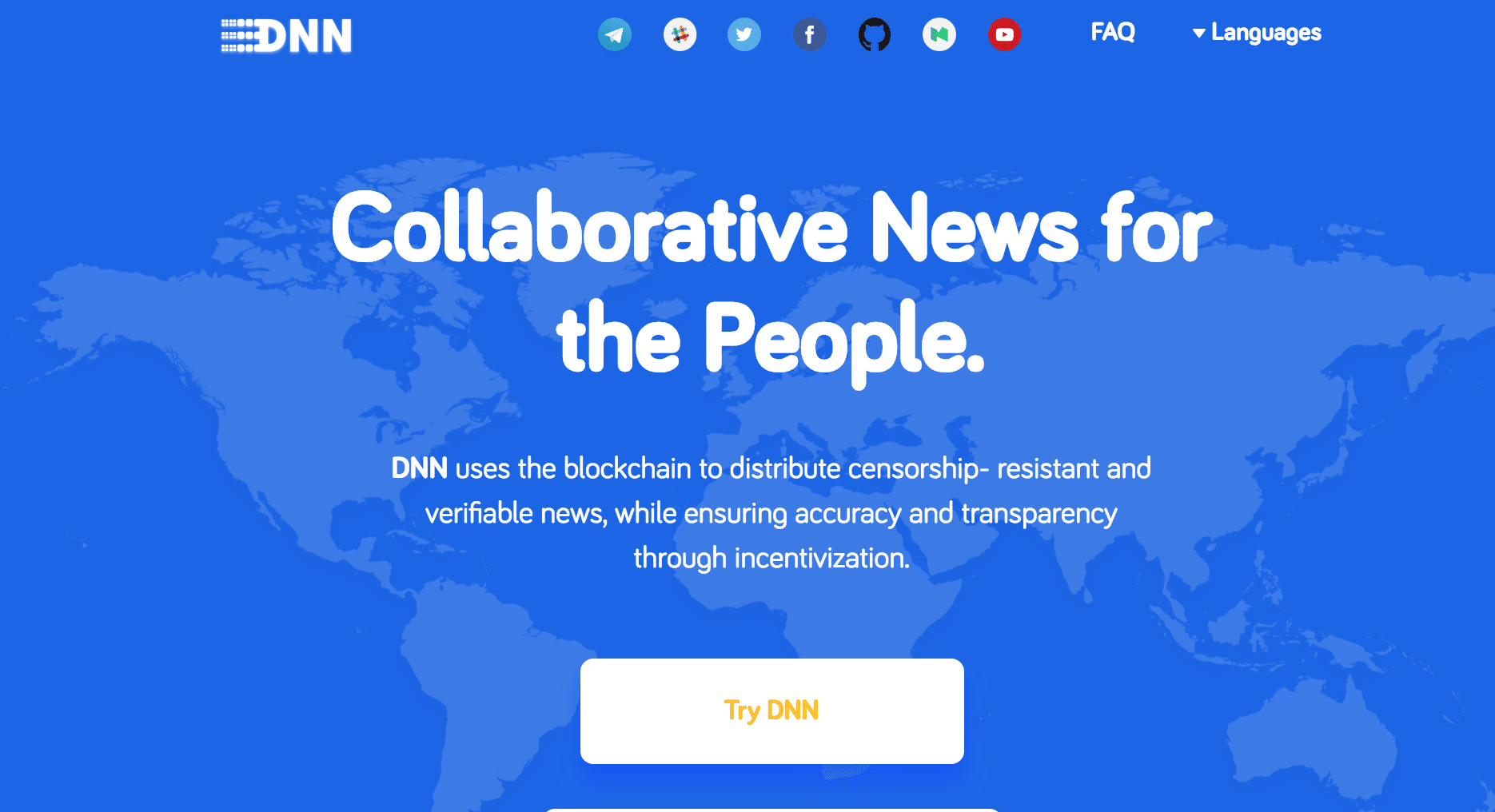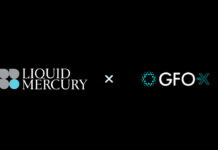
We all know that news reporting is never truly objective. Political bias in news reporting is so well-known and entrenched that we even select our preferred news outlets based on our political views. Over recent years, it has also been increasingly evident that fake news is a problem.
However, there are far more insidious forces at work within the news media. These forces are not just at work online, and they affect even the most reputable outlets and publications. The advertising dollar funds most of the news media. Consequently, it has a scary level of influence over the news we see. Thankfully, blockchain solutions are emerging that will address this imbalance, by decentralizing the news itself.
The Problem – Advertising Pays for the Media
The Pew Research Centre reported in 2014 that advertising accounted for 58 percent of US printed news revenues. This figure does not reflect the increase in online media. The percentage of revenues generated from advertising dropped from 82 percent in 2005, when online news media was far less prevalent. Television advertising also created a significant proportion of revenues.
Advertising is big business, and big money buys big influence
In the UK, the situation is no different. A study undertaken by Deloitte estimated that around half of UK newspaper revenues came from advertisers. Another report indicated that in Scandinavian countries, or Germany, where the state provided funding for public-service journalism, news outlets were less dependent on advertising and fared better in the age of online media. However, outlets in the UK and the US preferred not to move to a state-sponsored model. The reason? They were concerned about compromising editorial control over content.
Using that same logic, then, it stands to reason that in the US and the UK where advertisers fund the news, advertisers wield editorial control. This results in bias in news reporting which has had some startling effects over the years.
Examples of Media Bias in News Reporting
Tobacco advertising created a now-shocking bias in news reporting. Advertising of tobacco is now heavily regulated or banned in many countries because of the well-known risks that smoking causes to health.
During the 20th century, many news outlets were reluctant to publish the various studies and evidence to show that smoking causes fatal diseases. This reluctance was due to the advertising revenues they collected from the tobacco industry. Who knows how many fatal smoking-related disease cases could have been prevented if the media were truly objective?

If the media had objectively reported the risks of smoking, would it even still be legal now?
The issue of climate change is also alleged to have been subject to bias in news reporting, in part to the significant advertising revenue generated by the automotive industry. When climate change has been reported, it has frequently not made calls for the level of substantial reforms in human behavior that are needed if we are ever to reverse climate change.
The move to a digital age has not resolved these issues. Although there is now a far more vast choice of news outlets and websites alongside digitized versions of more traditional print newspapers, most of the internet operates on ad-based publications. Using an ad-blocker makes the online experience more tolerable, but it does little to guarantee the quality of what we are reading.
The question is then, who can we trust? Advertising funds the news industry, so it’s an inevitable consequence that journalism will not remain entirely objective while publications are being supported by companies with corporate interests to protect. Decentralization creates democracy, so we turn to blockchain.
In Blockchain We Trust
Blockchain is already proving to help with the issue of fake news with the introduction of decentralized social networks. Now, blockchain is enabling decentralized, community-run media outlets that don’t rely on chasing advertising dollars to sustain themselves.
Two such projects are Civil, and DNN (Decentralized News Network) Media. Both are based on the Ethereum blockchain and have the goal of creating news outlets that are driven by journalistic integrity rather than revenues.

With no central control over publication, members of the community manage promotion and censorship if something breaches guidelines. Network participants use their tokens to cast votes on content published on the networks. The news networks, therefore, self-govern in a similar way to Steemit.
Civil has allocated more than a million dollars in grants for on-boarding an initial group of full-time journalists. This ensures the publication of news content from day one of the platform launch.
Unlike centralized, ad-funded news, decentralized news outlets are not subject to advertiser bias. By handing control of news promotion and censorship to a decentralized blockchain community, Civil and DNN secure the news itself. In much the same way that Bitcoin and other blockchains are vulnerable to a potential 51% attack, the decentralized news would need 51% of its network to agree to promote “bad” news.
Civil and DNN are not the only players in the blockchain media space. However, they are the two that have taken the major step of allowing the submission and promotion of literally any news article to their platforms.
Other news platforms take a different approach of using blockchain for verifying content published by mass media. A decentralized network of checkers either confirm or deny news posted on the platform. Two such examples are Trive and MediaSifter. While these kinds of networks have value in calling out fake news, they don’t cover any gaps left by mainstream media.
The Value of Decentralized News Publications
Reporting what the mass media will not is why decentralization of the news publication process itself is so critical. Blockchain news publication platforms could prove essential for the removal of advertising-driven bias in news reporting. With a bias-free media, it’s possible that we may access news stories that damage corporate interests. But the job of the news should be to equip readers with facts and knowledge. Particularly when not doing so may cause more harm than good.
The post How Blockchain Will Combat Bias in News Reporting appeared first on CoinCentral.

Coincentral.com is author of this content, TheBitcoinNews.com is is not responsible for the content of external sites.
Our Social Networks: Facebook Instagram Pinterest Reddit Telegram Twitter Youtube











